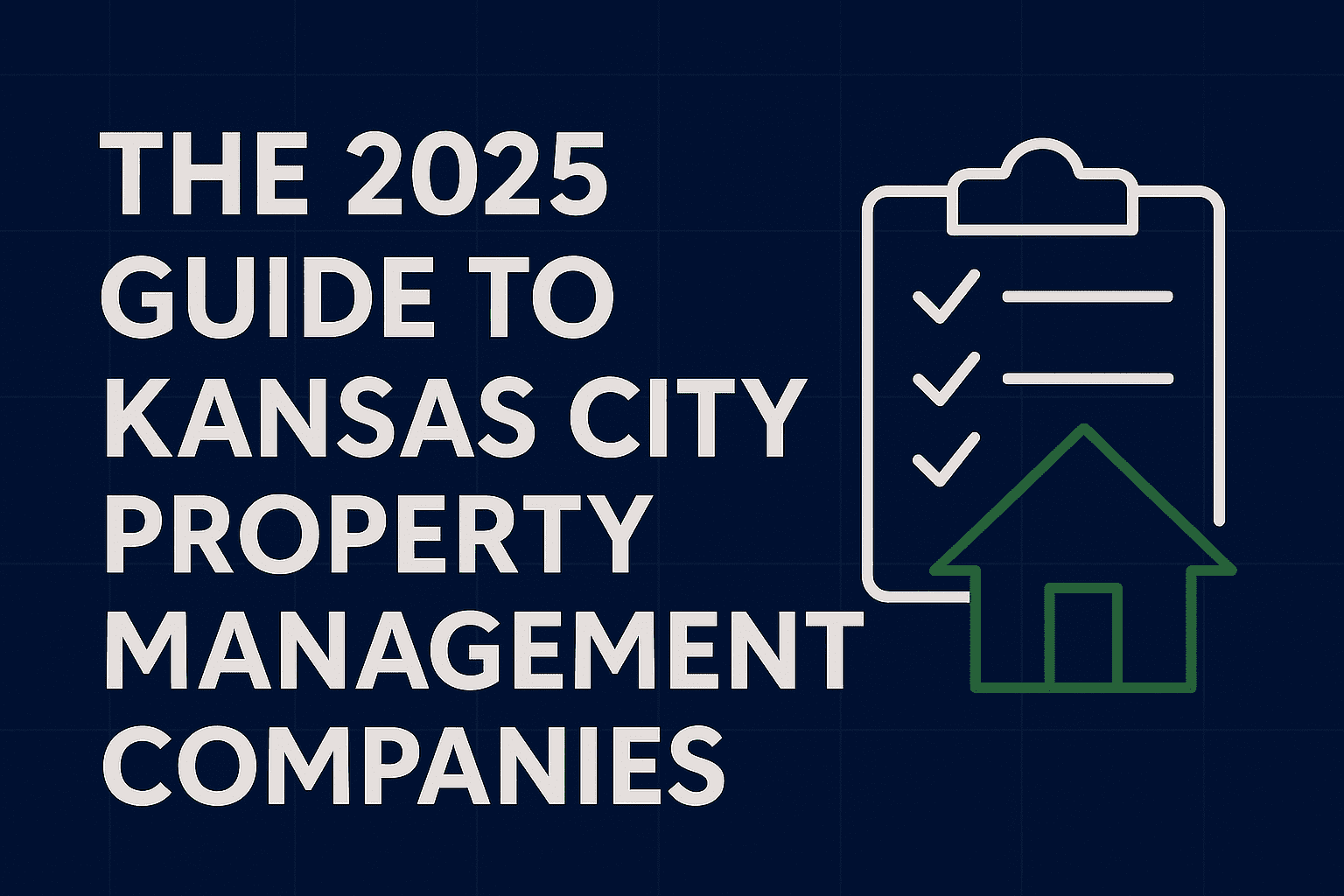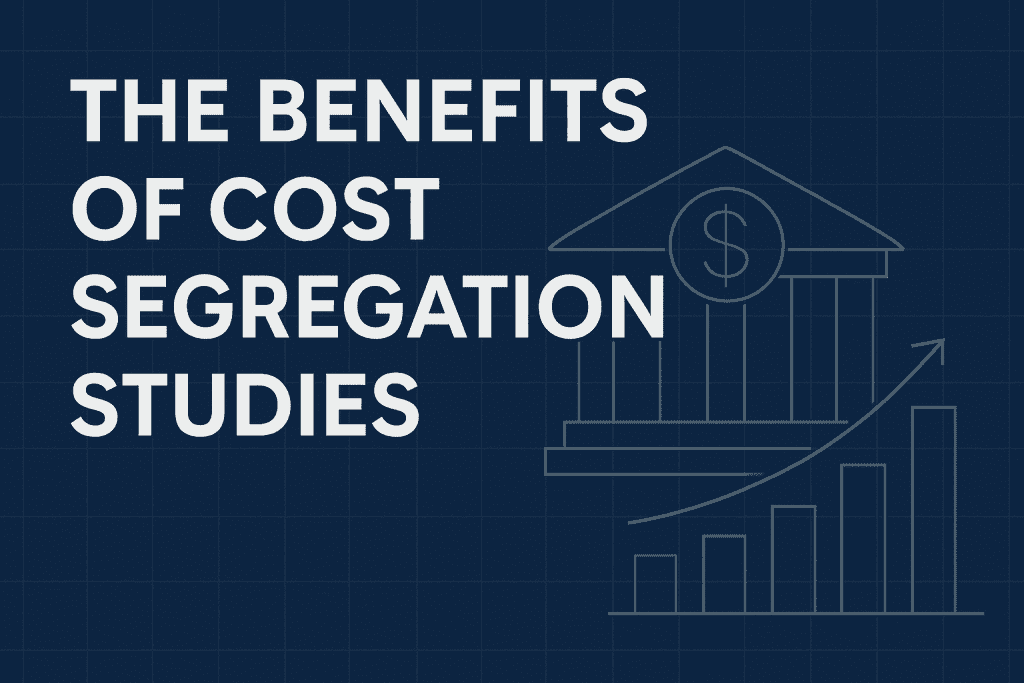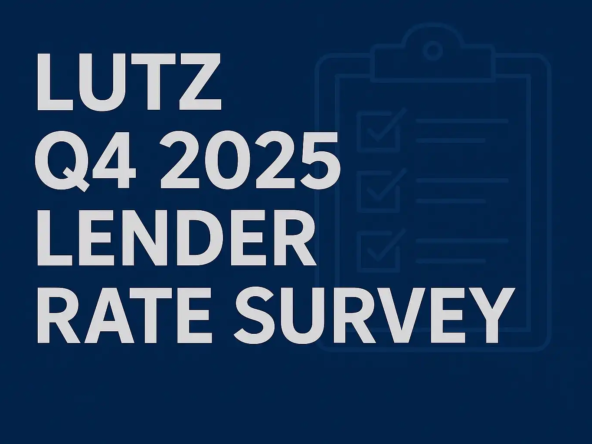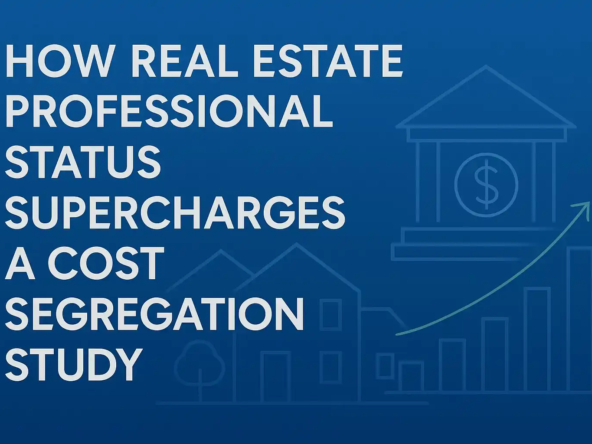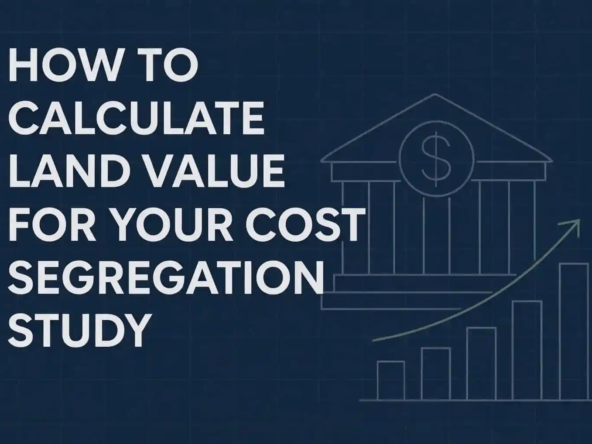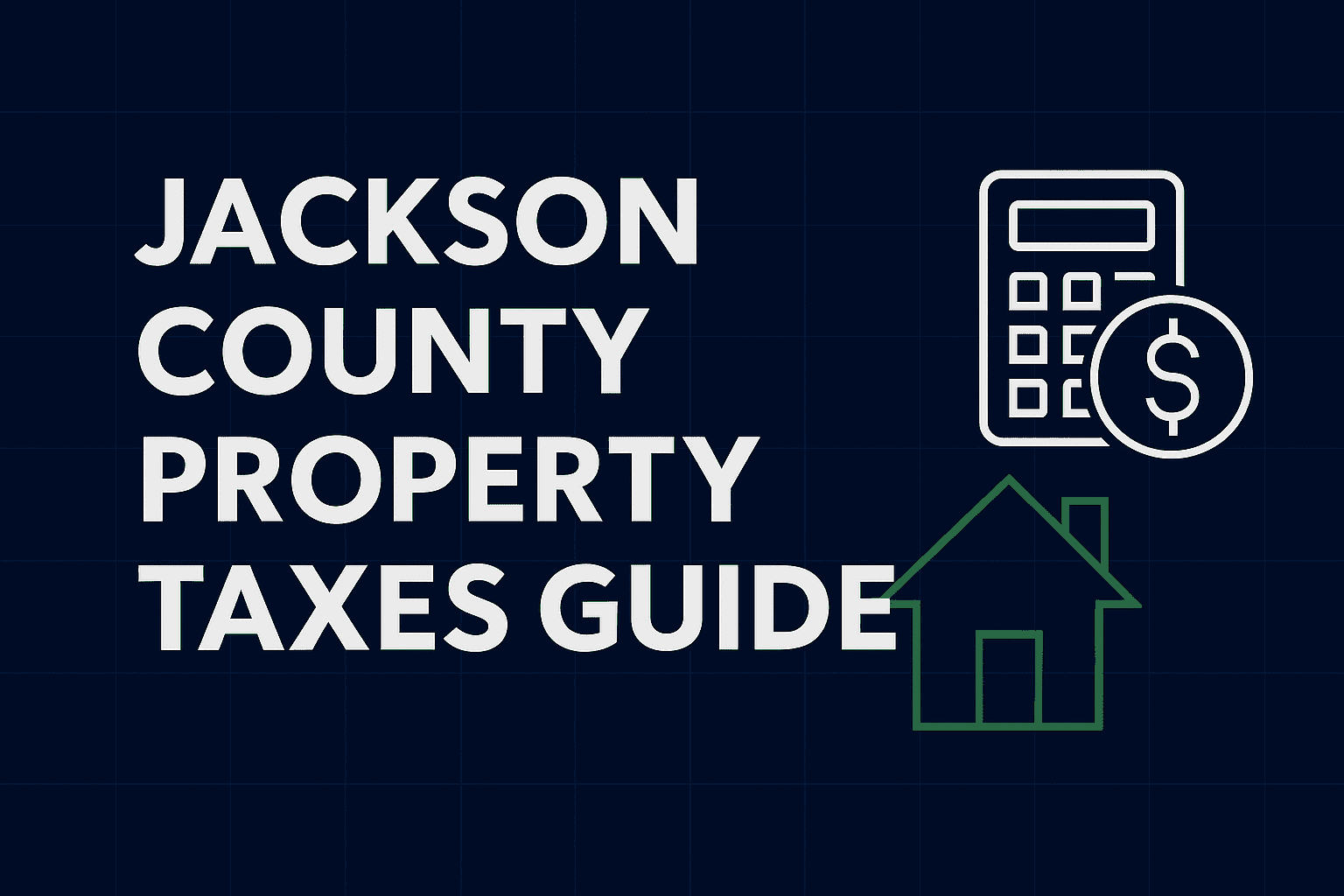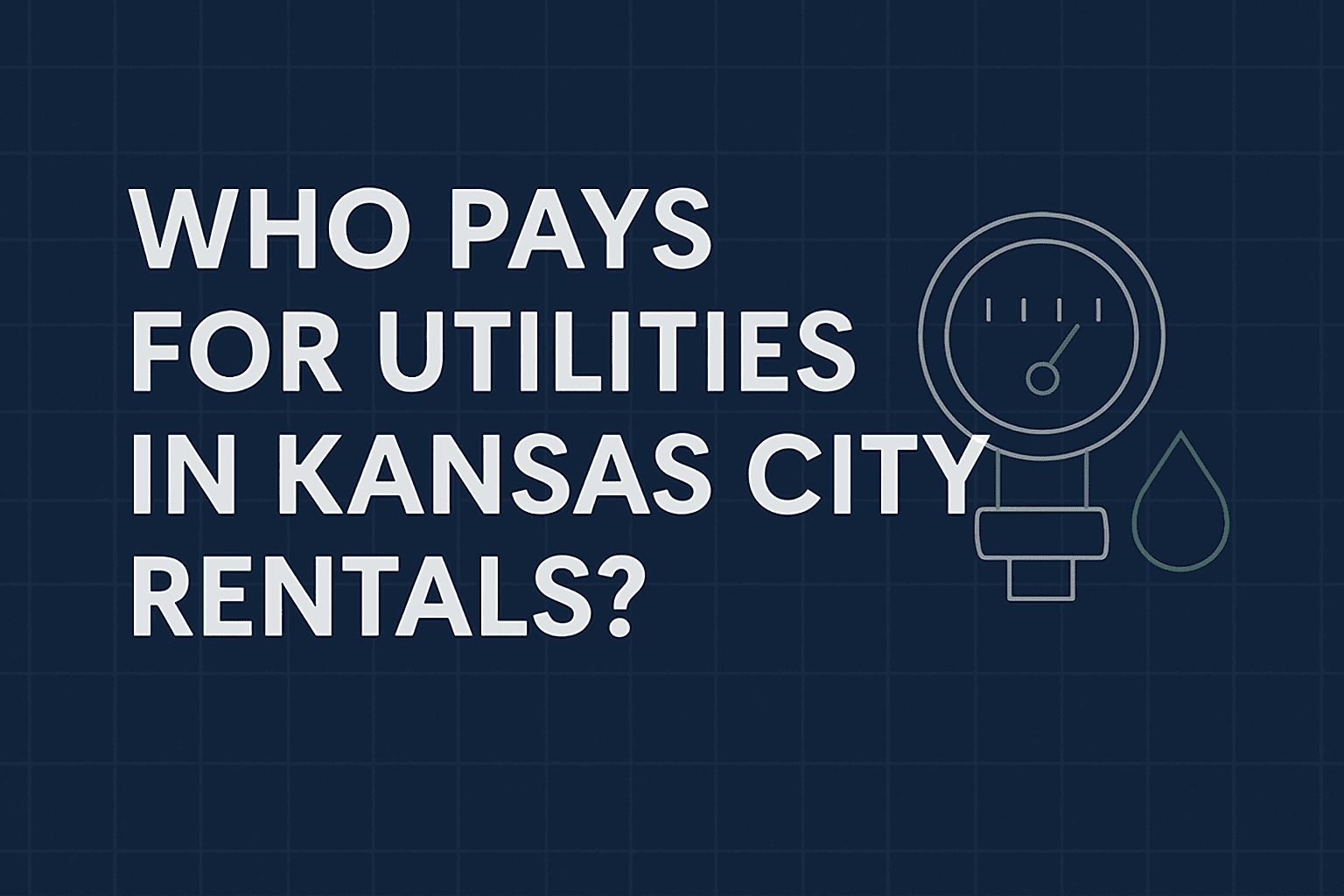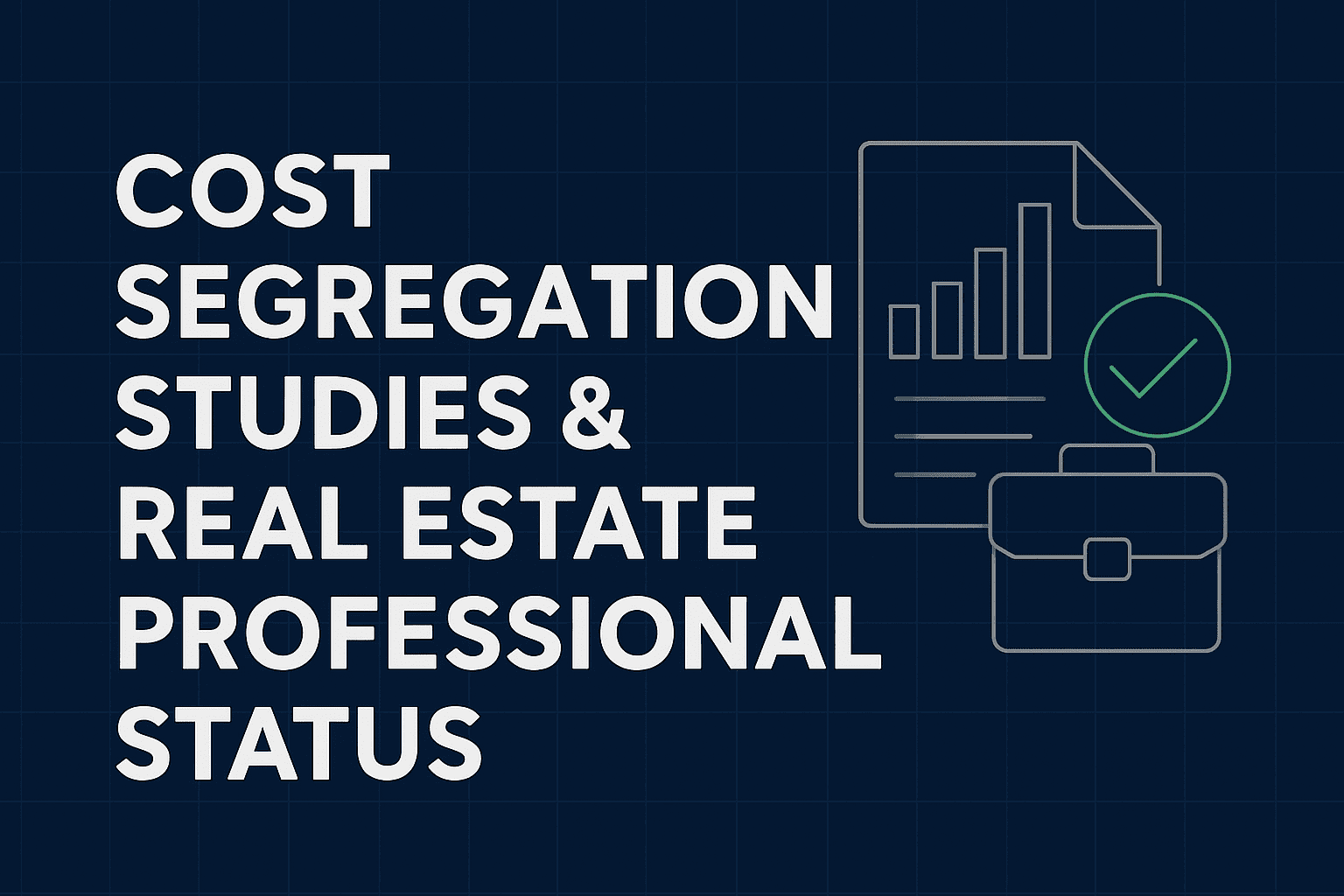RESOURCES
Featured Investment Guides
Lutz Sales & Investments Real Estate Insights Blog
Real Estate Investing FAQ
Whether you are a first-time investor in multifamily real estate or a seasoned investor, we can help. Lutz Sales & Investments is here to help you navigate the buying or selling stages of multifamily real estate investing. Our team has helped countless other investors buy and sell properties in Kansas, Missouri and Nebraska.
What are the benefits of buying a multifamily property compared to a single-family home?
At Lutz Sales + Investments we see several benefits to multifamily investing over single home investing: 1. more units produce more income often with reduced capital costs for that income stream (e.g. less roofs per tenant); 2. one vacancy is not a 100% vacancy, you can still cover your expenses while one of your units is vacant; 3. It is easier to scale, instead of one house at a time you can purchase mulitple units to scale income and real estate holdings faster. Our standard advice to newer real estate investors is that if you want to dip your toe into rental property investing start with at least a duplex instead of a single family home.
How can I find multifamily properties for sale near me?
Network with brokers who have mulitfamily listings in the markets you invest in or want to invest in. Not only will that broker have active listings, they will have off-market opportunites if they are very active in the market. We suggest looking on platforms like LoopNet (hyperlink to our listings in KC) and Crexi (hyperlink to our listings in KC) to see who the most active brokers in your chosen asset class are, then connect with them. Be prepared to tell this broker what you are looking for in a multifamily investment and the dollar amount of funds to have set aside to invest. If you are just looking to network but not ready to buy it is completly fine to reach out to active brokers in the market. Just explain that your goal is purchase by x date, or be ready to purchase by x date. Brokers are used to networking with folks whose timeline is 6-12 months out, since brokers are in the business of long term relationships.
How do multifamily loan rates compare to single-family mortgage rates?
There are two main options to get loans on small mulitfamily properities, residential loans for 2-4 units and commercial loans for any size property including 5+ units. Residential loan rates are usually about 1.5-2% higher for investment properties where an investor does not live vs an owner occupied property where the owner will live. The difference is the lender percieved risk of default, someone is unlikley to let a home they live in go into foreclosure where an investment property the owner might let the property go into foreclosure with a large drop in value, catastrophic event, etc. Commercial loan rates are tied to the 10 year tresury yeild (https://www.cnbc.com/quotes/US10Y). You can expect a commerical loan rate from a local bank to be 275 to 350 basis points higher than the 10 year tresury yield.
What are the tax benefits of buying a multifamily property?
One of the best things about investing in mulltifamily real estate are the tax benefits. We cannot give any legal advice related to your specific situation however some of the ways that real estate investors capture tax benefits offset passive income with passive losses generated from real estate operating costs and deprecation. Passive losses can be supercharged by doing a cost segregation study and taking accelerated deprecation. If you qualify as a real estate tax professional
What should I consider before selling my multifamily property?
A multifamily property can be sold at any time and in any condition. We can consult with you on your current exact situation and advise what the best plan for the sale is given your desired outcome. This outcome is often the highest sale price but occasionally that is not the case, maybe you need a long or short close for an exchange, maybe you need to offer a seller carry to spreadout capital gains taxes. Whatever your desired outcome we can make a plan tailored to you for the sale. A few things that we love to have on any sale include: current rent roll, any evictions in progress, and financials for the last three years. We can live without all of those, but that is ideal!
How can I determine the best listing price for my multifamily property?
We can assist with determining the list price of your multifamily property by providing you a broker’s opinion of value (BOV). We take into account the current and future income, current expenses, and current building condition including needed capital expenses. We also take into account how the prospective buyer will finance the property and what loan options will be avaliable to them based on the current financial performance of the property. We also consider current market capitalization rates (cap rates), potential income, and sales price per door of comparable properties.
What is the best way to market my multifamily property to potential buyers?
The best way to market your property to potential buyers is to advertise the property with national exposure. We do this for our clients in the following ways: Send out the property to our vetted list of ~800 active buyers, put the property for sale on our Lutz.com website, LoopNet, Crexi, the local MLS.
What documents do I need to sell my multifamily property?
The short answer is: whatever you have works! The wish list of documents is: current rent roll, current leases, date of last increase on rent, any current non-paying tenants or active evictions, profit and loss statements for the last three years.
What are the common challenges in selling a multifamily property?
Common challenges in selling a multifamily property include managing tenant relationships, accurately valuing the property, and navigating complex financials. The condition of the property and existing leases can also impact the sale. Additionally, finding the right buyer who understands the intricacies of multifamily real estate can be challenging. Working with a real estate agent experienced in multifamily transactions can help mitigate these challenges and facilitate a smoother sale.
How can I increase the value of my multifamily property before selling?
Multifamily properties are valued on income, so the higher the income the higher the value. Other ways to increase sales price: do any needed capital expenses and raise rents to market.
Why should I hire a consultant for my multifamily real estate investment?
It can never hurt to have someone take a look at a purchase or sale of a multifamily property.
What should I look for in a multifamily real estate consultant?
Someone who owns rentals themselves and is very active in the market that you are investing in.
What services do multifamily real estate consultants typically offer?
A real estate consultant will review your current finacials including conducting a market rent study, comparing current rent roll vs market rent, suggested unit finishes for rehabs including paint colors, finishes, and materials. Review of expenses and comparison of market expenses to current expenses.
What is a RUBS fee?
RUBS actually stands for Ratio Utility Billing System. When the landlord pays for utilities such as electric, water, trash, and lawns they often charge a fee to the tenants on top of the rent. This fee can be called RUBS or a utility fee. Whatever name it goes by it is a fee paid by the tenants to offset a landlords cost.
Do I qualify as a real estate tax profesional?
Real Estate Professional tax status is a special IRS designation that allows individuals to fully deduct real estate losses against their ordinary income, which can provide substantial tax benefits. To qualify, taxpayers must meet two key requirements: they must spend more than 750 hours per year on real estate activities, and these activities must account for more than half of their total working hours. Qualifying activities include real estate development, management, acquisition, leasing, and brokerage. This status is beneficial for those actively engaged in real estate, as it reclassifies rental losses from passive to non-passive, enabling greater tax savings
Should I require my tenants carry renters insurance?
Of course we cannot give legal advice, but we personally have our tenants carry renters insurance. We have several examples of fires and water damage caused by tenants where the tenants made a renters insurance claim and we did not have to make an insurance claim and had 100% of repairs covered by the tenants renters policy. There are many options for renters insurance. A local kansas city insurnace broker like Knabe insurance can hlep you find a policy for your tenants to carry.


